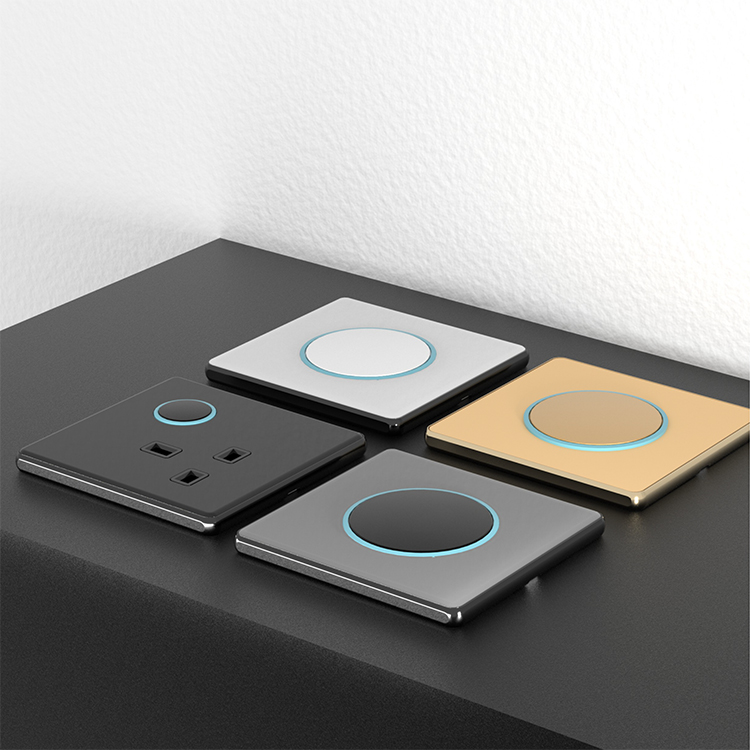Categories
- Blog (315)
This comprehensive guide navigates through the intricate realm of electric switches, unraveling their historical evolution, diverse types, multifunctional capabilities, widespread applications, innovative advancements, and prospective trends.

The inception of electric switches dates back to the nascent stages of electrical infrastructure development during the 19th century. From rudimentary toggle mechanisms to sophisticated contemporary designs, the evolution of switches reflects the progression of technological innovation and societal needs.
Electric switches manifest in a diverse spectrum of configurations, tailored to specific functions and operational contexts. Embracing toggle switches, rocker switches, push-button switches, rotary switches, and dimmer switches, among others, the plethora of types caters to a broad range of applications and user preferences.
At their core, electric switches perform the fundamental function of regulating the flow of electricity within circuits, empowering users to activate or deactivate connected devices. Beyond this fundamental operation, switches may encompass additional features like dimming control, speed modulation, and remote operability, enhancing their operational versatility.
Electric switches permeate diverse industrial landscapes, spanning residential, commercial, industrial, automotive, and aerospace domains. They facilitate control within lighting systems, HVAC installations, household appliances, industrial machinery, and electronic gadgets, among myriad other applications, underscoring their indispensable role in modern society.
Continual technological advancements drive pioneering innovations in electric switch design, materials, and functionalities. The advent of smart switches equipped with wireless connectivity, motion sensors, and voice command integration heralds a paradigm shift in user interaction and system management, fostering heightened efficiency and convenience.
Looking ahead, the trajectory of electric switches is poised for transformative shifts driven by burgeoning trends such as heightened automation, seamless integration with smart infrastructure, enhanced energy efficiency, and sustainable manufacturing practices. Anticipated developments in materials science and nanotechnology hold promise for the emergence of compact, high-performance switches, setting the stage for an increasingly interconnected and energy-conscious future.
Electric switches are the backbone of modern electrical systems, seamlessly controlling the flow of electricity to power a multitude of devices and appliances. Their evolution has been marked by advancements in design, materials, and technology, reflecting the ever-changing needs of society. Looking ahead, electric switches are expected to further integrate with smart home technologies, offering enhanced automation and connectivity. As industries push the boundaries of innovation, electric switches will remain at the forefront, ensuring the efficient and reliable operation of electrical systems in homes, offices, and beyond. With sustainability and energy efficiency becoming increasingly important, future developments in electric switches may also focus on eco-friendly materials and energy-saving features, further cementing their role in shaping the future of electrical engineering.